Impressive Facts About What Life In Ancient Greece Was Actually Like
Ancient Greece refers to the time three decades before the classical age dating between 800 BC and 500 BC. It was a time of growth and sophistication, even resulting in the first recorded democracy. There were major advancements in technology, the arts, warfare, and it even led to the birth of the polis, or city-state, which defined Greece for hundreds of years. The transformation society experienced during the time of ancient Greece would pave the road for the development of Western civilization. Check out these fascinating facts about their culture and how deeply it affected the future of our world. Did you know that they used elephants in warfare? Keep reading to learn more.
There Were More Than Enough Slaves
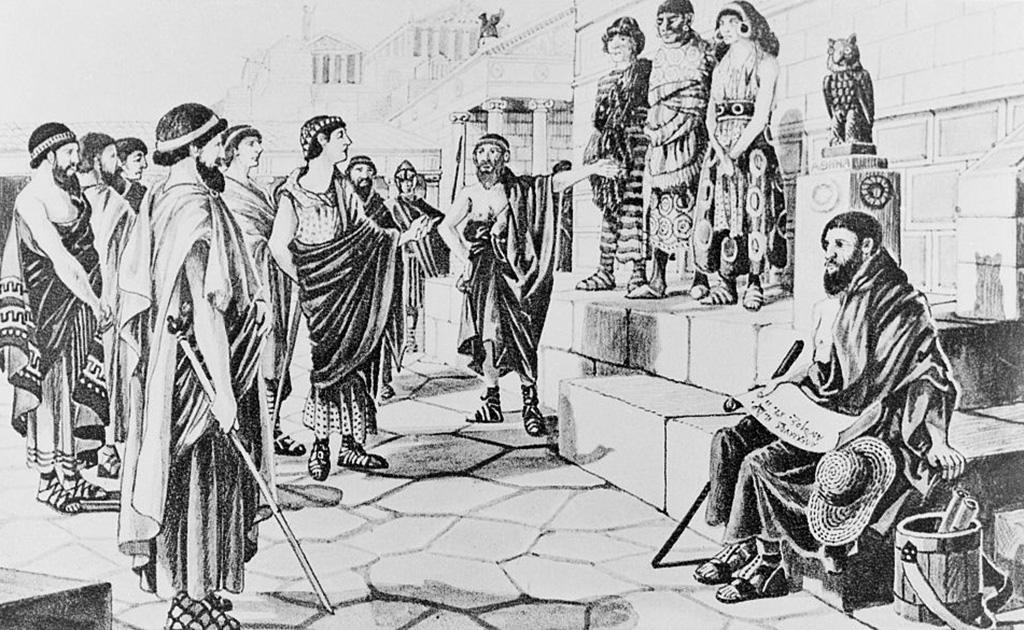
In ancient Greece, there were more than enough slaves to go around. For example, it is estimated that between 40 and 80% of the population of Athens were actually slaves. An individual could become a slave for a variety of reasons. You could be born into slavery, sold into slavery, or captured as a prisoner of war.
Slaves filled many different positions in Greek culture working as house servants, police officers, sailors, mine workers, cooks, and more. Since Greece was so large, the treatment of slaves varied depending on the region with some having it better off than others. Not owning any slaves was even considered a sign of poverty.
Women And Slaves Weren’t Considered Citizens
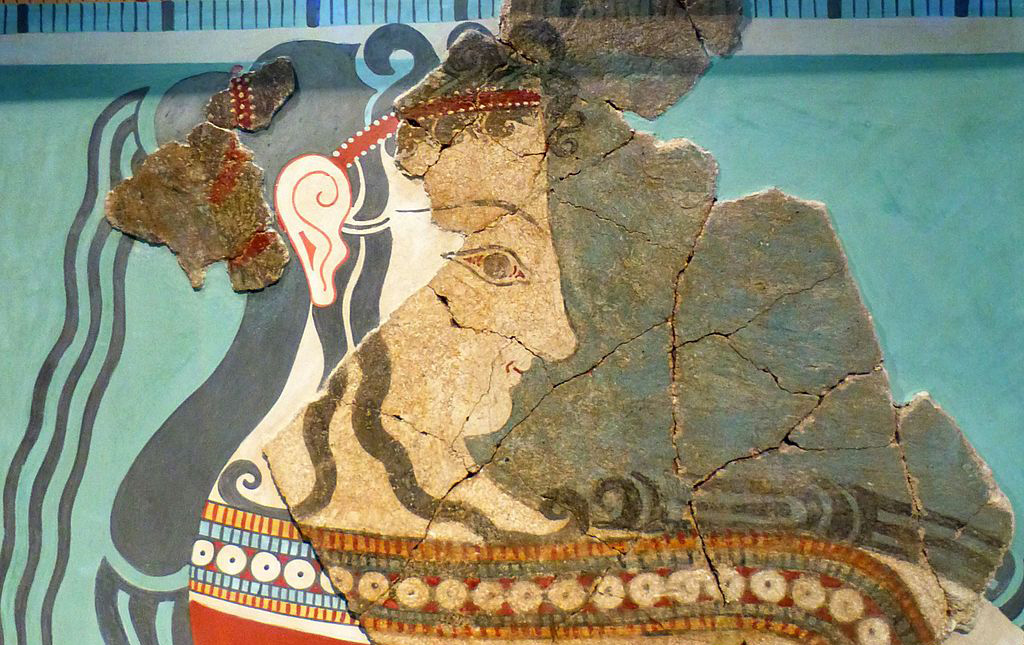
Ancient Greece was completely dominated by men in almost every aspect of society. Women had little control over anything that happened or decisions being made. Women were forbidden from taking part in politics or assembly, had almost no legal rights, and couldn’t leave the house without a guardian.
Unsurprisingly, slaves were in the same boat. They weren’t allowed to use their real names and were given new ones by their masters, were completely owned by someone else, and had to follow orders under the threat of punishment. Essentially, only Greek males who were not slaves were considered citizens.
They Believed That People Could Rise From The Dead
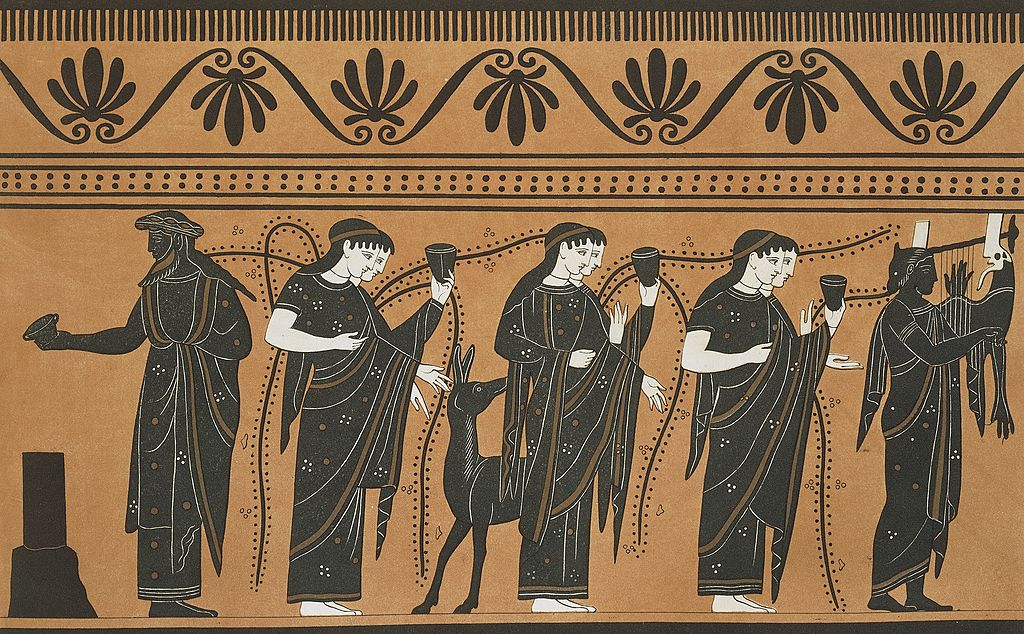
Regardless of their incredibly advanced civilization, ancient Greeks were incredibly superstitious So superstitious, in fact, that they believed that the dead could rise from their graves. They especially believed that murder victims and those with genetic deformities had the power to do this, so they took extra precautions when they buried their bodies.
Known as “revenants,” their bodies were either incinerated, dismembered, or weighed down with heavy stones to ensure that they could never come back to life and walk among the living.
They Created The First Form Of A Computer
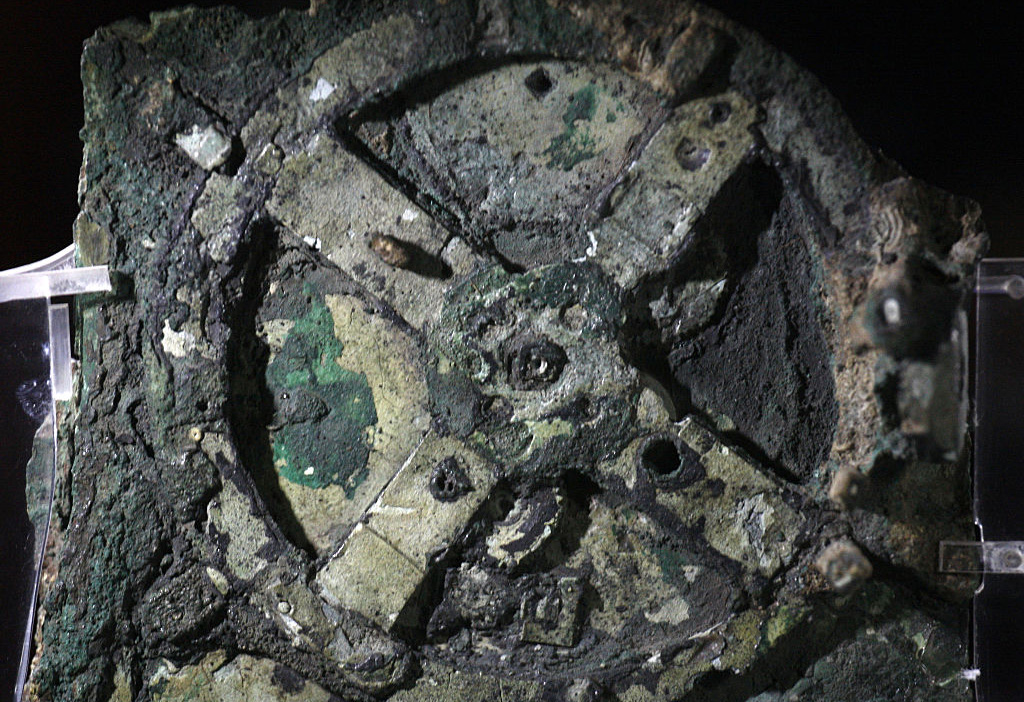
Dating back to the first century BC, the Antikythera mechanism is considered to be the world’s first computer. It’s a device that was used as an astrological clock in which its gears and wheels that mirrored the movement of the planets.
Incredibly, the measurements were so precise that the ancient Greeks were able to predict celestial events such as eclipses and phases of the moon. It was also used to help keep track of the timing of the Olympic games.
They Didn’t Have Toilet Paper

According to historians, the ancient Greeks didn’t have toilet paper, and used a very uncomfortable alternative instead. It was common for people to use anything they could find to serve the purpose. That included stones and pebbles.
Public toilets were designed with a long slab of marble, with a series of slots carved into it for users to sit next to each other. Underneath it was a sewage ditch, designed so running water would help carry away the sediment.
Politicians Could Be Exiled By Popular Vote
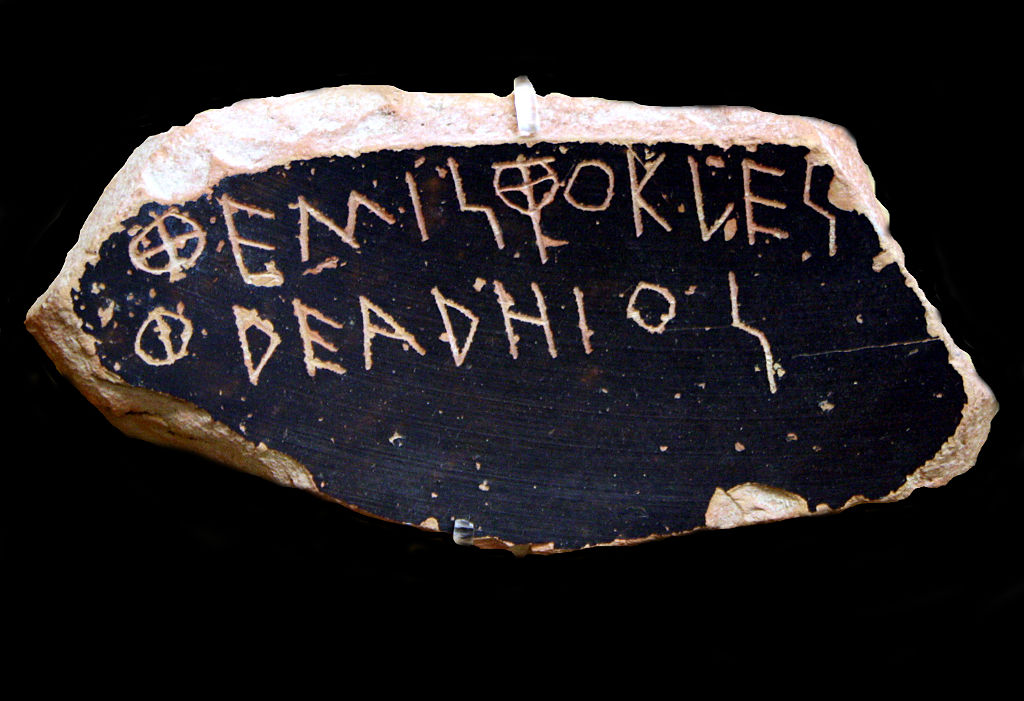
Using their system of democracy, politicians that the people thought were becoming too powerful or tyrannical could be voted into exile. The process was known as Ostracism and was decided not only by other politicians but the general public as well.
The citizens voted for a politician by anonymously engraving their name onto a piece of pottery as a rudimentary form of voting. If there were enough votes, the politician was then banished for a minimum of 10 years. This is also where the word ostracize comes from.
They Diluted Their Wine

Although ancient Greece is typically associated with partying and revelry, it wasn’t necessarily a civilization run by complete drunkards. The common practice when drinking wine on almost all occasions was to dilute their wine. They typically did four parts water and one part wine just to be able to taste the product.
Those who didn’t dilute their wine were considered to be a drunk which was associated with barbarism. The few occasions when they didn’t dilute their wine included some holidays, big celebrations, or personal parties.
Slaves Could Be Bought With Salt

Salt was in high commodity during the times of ancient Greece. Not only did salt help to flavor food but it was also great for preserving it, as well as could be added to various medicines and countless other uses as well.
Because of this reason, salt was traded much like currency and was even used to buy slaves. The size and strength of the slave decided how much size he was worth. This is where the saying “not worth his salt” comes from.
A Heliocentric Universe
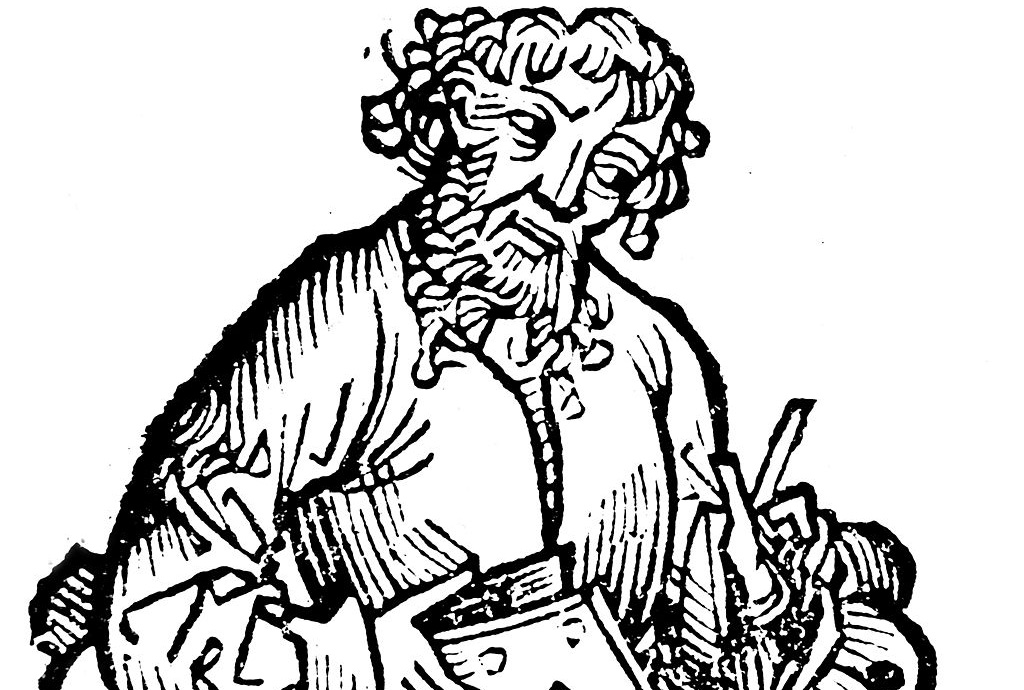
Back in the 3rd century, the Greek astronomer Aristarchus of Samos became the first person to suggest that the universe was heliocentric. This means that he believed that the Sun was at the center of the solar system and that Earth and the other planets revolved around them. This is opposed to geocentrism which claims that the Earth is at the center.
This school of thought was far ahead of Samos’ time. Although none of his work survived, tales about his studies inspired the work of Nicolaus Copernicus in the 16th century.
Spartan Boys Were Taken Away From Their Homes
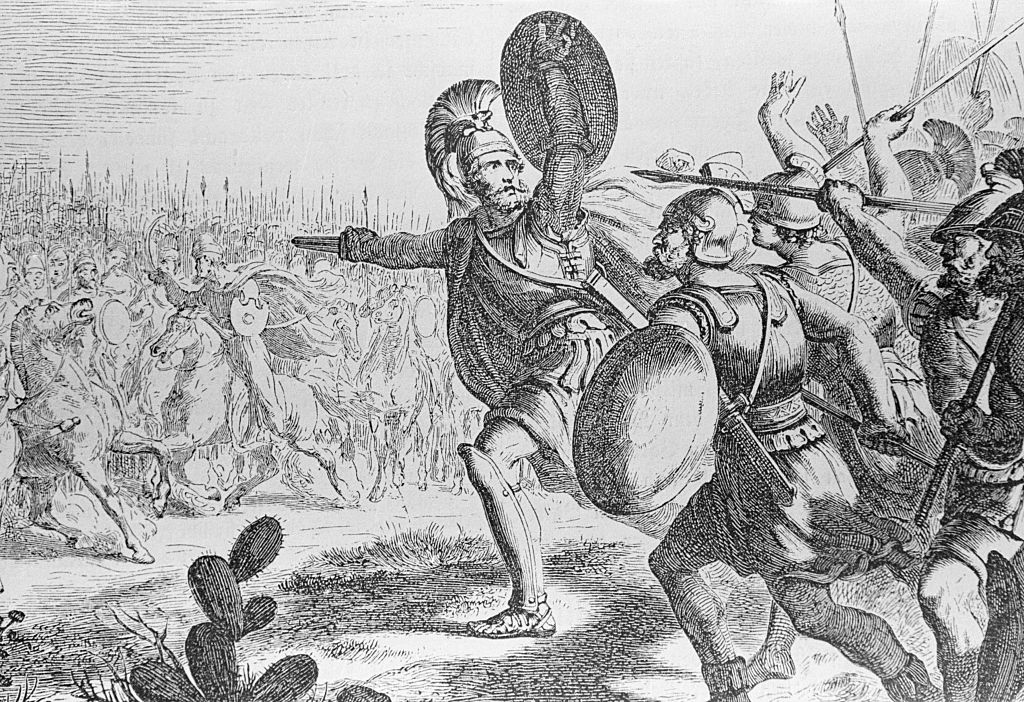
At just seven years old, all male Spartan boys were taken from their families and placed into an intense training regiment known as agoge. Training included combat skills, loyalty, pain tolerance, hunting, communication, as well as singing and dancing. The goal of the program was to create powerful and disciplined warriors to fight in the Spartan army.
They raised them to believe in Sparta as a whole and not on an individual level to breed soldiers who did not fear death on the battlefield. This is how Sparta grew to have the fiercest military in all of Greece.
Spartan Women Were Kidnapped By Their Future Husbands
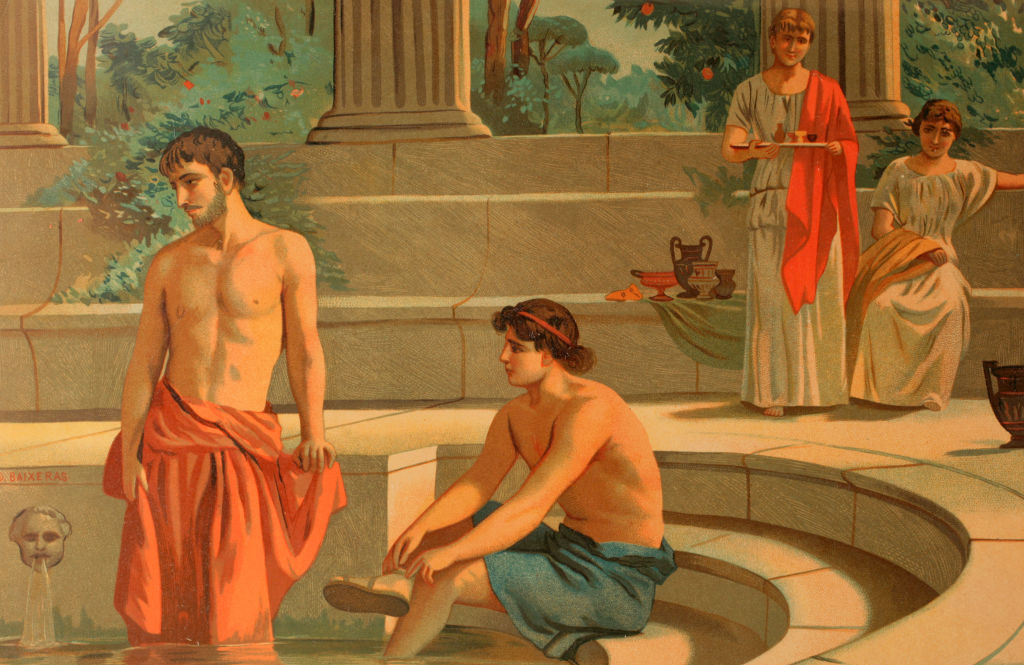
As a wedding tradition, Spartan women were abducted by the man they were going to marry. Ancient Greek writings by Plutarch expands on the tradition. Apparently, in preparation for their abduction, the women would shave their head and dress in men’s clothes. They would then sit alone in a dark room and wait for their husbands to abduct them and consummate their marriage.
Some rumors claimed that the women would wear male clothing and shave their heads because the men had only been surrounded by males for the majority of their lives. So, this made them feel more comfortable.
Women Were Forbidden To Watch The Olympics
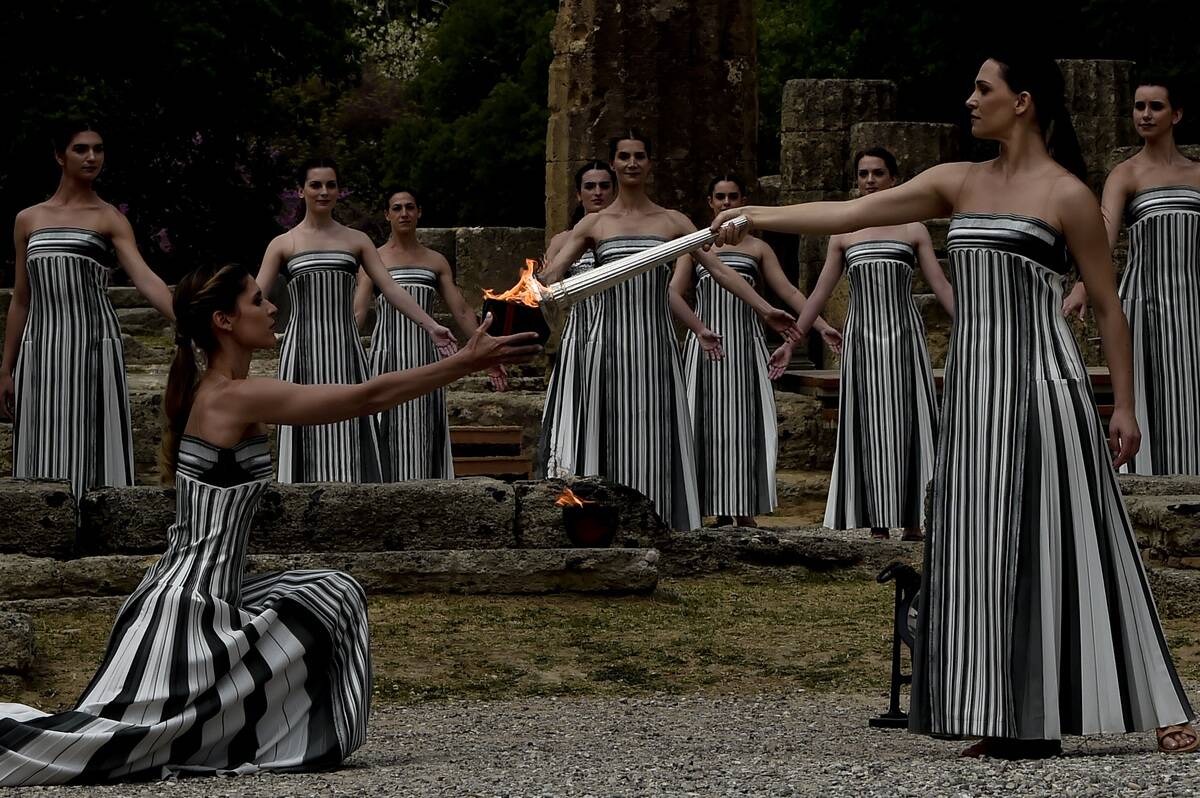
Considering how women were treated in ancient Greece, it’s no surprise to learn that they were forbidden from participating and even attending the games. It was believed that sports were only for men, so women should have no part in them. They were so serious about this, that woman caught watching the games were put to death.
However, this was only the case for married women. According to the Greek geographer Pausanias, “Maidens are not debarred from looking on at the games.” they could even participate in women-only sporting events.
They Used Elephants In Warfare
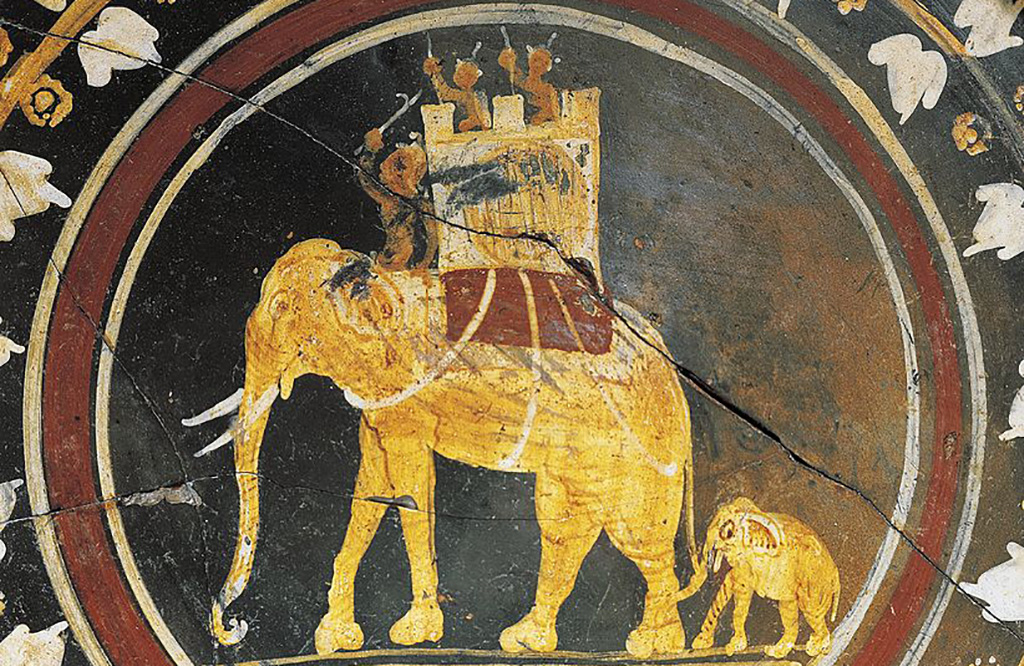
Although it’s not uncommon to see in movies or read in books, the Greeks actually did ride elephants into battle on occasion. One of the most notable instances of this was when the Greeks fought the Romans in the Pyrrhic wars between 280 to 275 BC.
They used the elephants as a kind of weapon of mass destruction. Of course, the Roman cavalry didn’t stand a chance against them, and their infantry didn’t have a prayer.
Not All Babies Were Accepted Into The Family
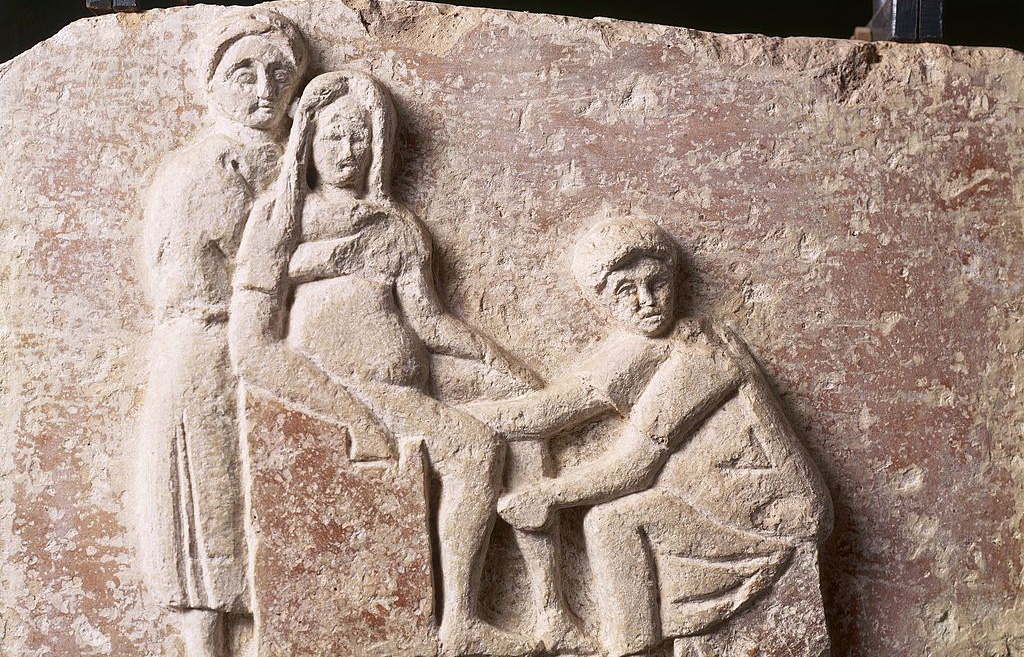
When a baby was born, the father would inspect the baby to see if it was up to his standards. If the baby was weak, deformed, disabled, or even a girl, they would oftentimes abandon it in the wilderness.
This was common practice, especially in Sparta. There was even a designated person whose job was to inspect the newborns. If they didn’t think the child was Spartan material, they would leave it on the foot of the mountain as a test to see if it would live or die.
Unibrows Were Seen As Attractive On Women
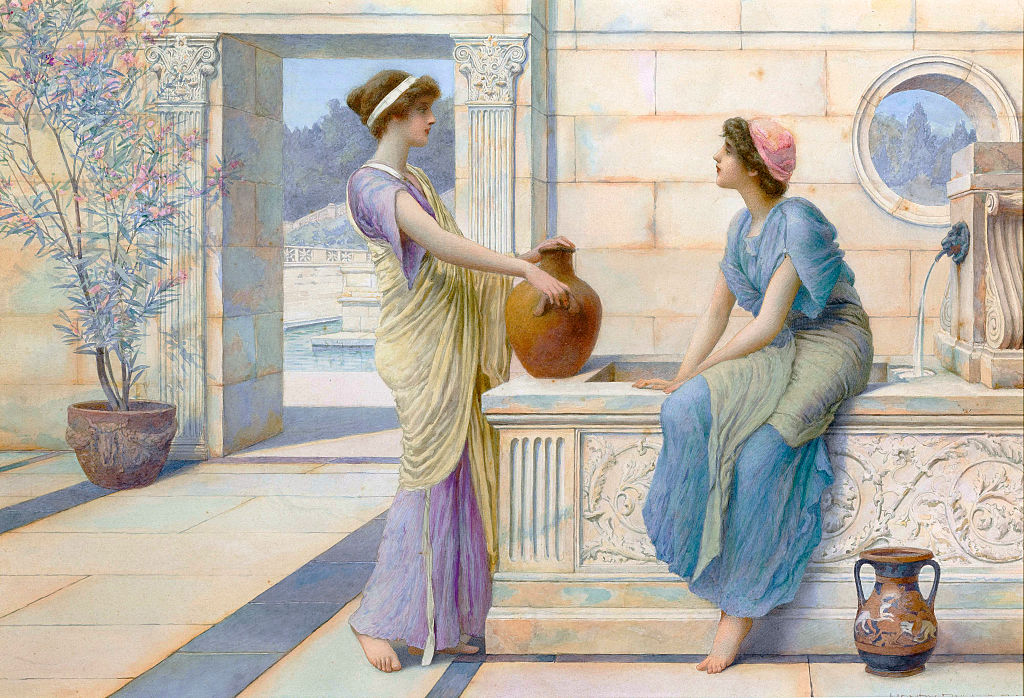
Back in ancient Greece, women were expected to be “all-natural,” therefore not wearing any kind of makeup. However, it didn’t always work out that way. This was the case when it came to women’s eyebrows.
In ancient Greek culture, women with unibrows were seen as beautiful as it was an incredibly desirable feature. It is said that the most lusted after women had them, so those who didn’t would make their own. They accomplished this by either using black powder or paint.
Marriage And Having Children Was Seen As A Duty
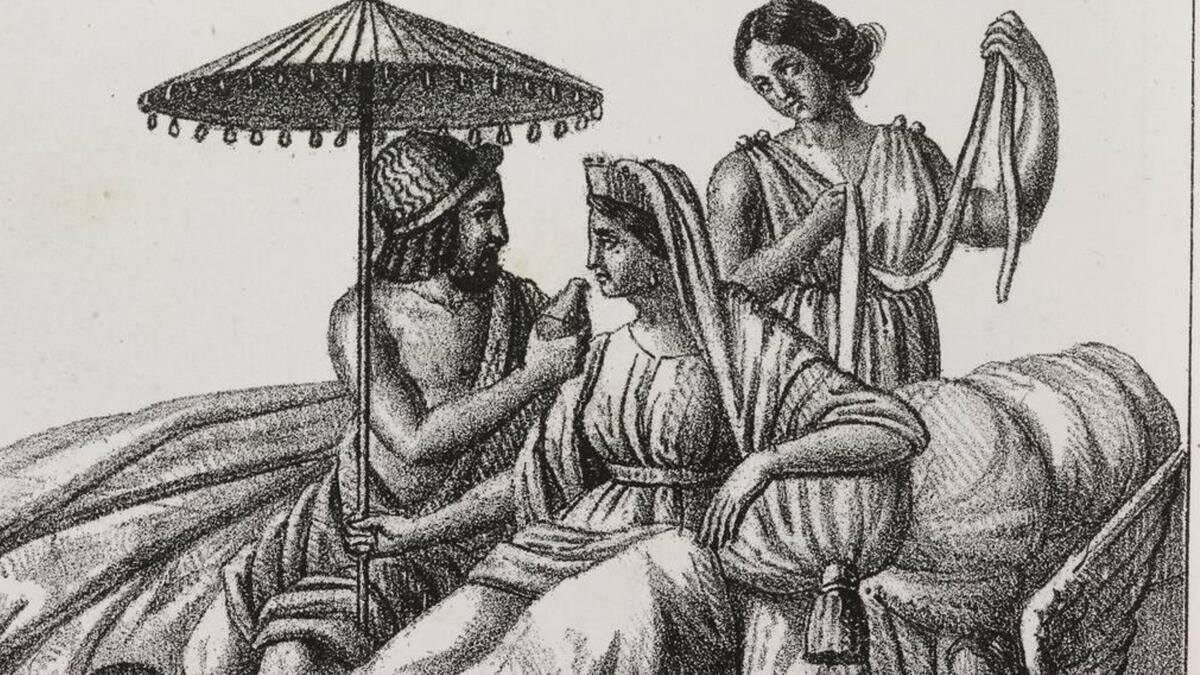
Most ancient Greeks didn’t actually marry out of love. Marriage was seen as the duty of a free citizen of Greece, including having children. Fathers would arrange marriages for their sons and daughters; sometimes when the child was still an infant. Daughters typically married around the age of 15 and sons around 30.
After the couple was married they tried to have as many children as possible. It also wasn’t uncommon for wealthy citizens to marry within the family, therefore keeping their bloodline “clean.” In Sparta, some marriages even occurred between siblings to keep their money and properties in the family.
Divorce Was Legal
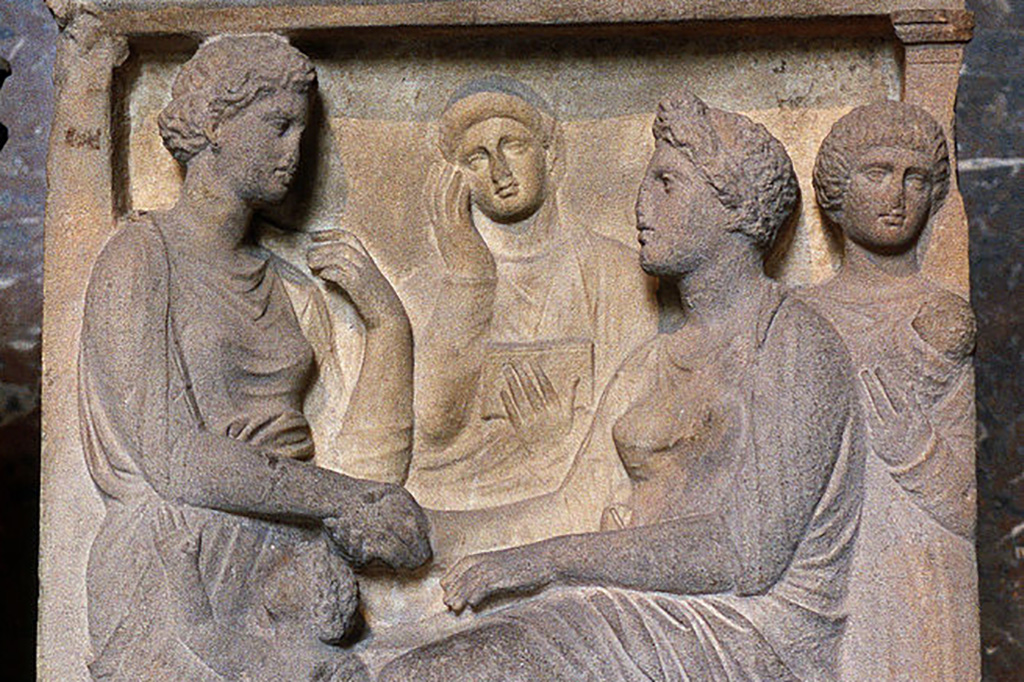
Even though many marriages were arranged as a type of contract, husbands were allowed to expel a wife from his home, sending her back to her family. If he also returned the dowry, the marriage was over. If a woman wanted to end a marriage, she was able to as long as she had the approval of an official known as an archon.
The most common form of divorce in ancient Greece was done by a wife’s father or brother. If no children were produced, the husband would ask the wife’s brother or father to take her away and attempt to marry her off again.
Military Service Was Mandatory In Some Regions
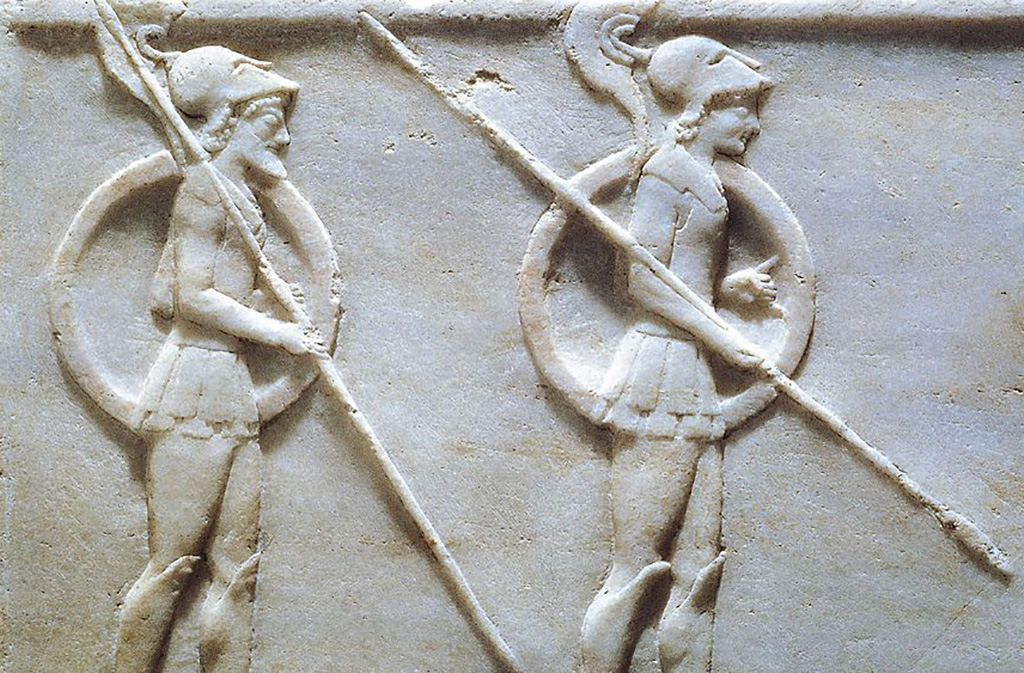
For women, motherhood was the only acceptable occupation in ancient Greece. While men could pursue other professions, the one held in the highest regard was becoming a soldier.
In the city-State of Athens, all men were required to serve at least two years in the army as a civic duty to Athens. In Sparta, on the other hand, becoming a soldier was the only occupation available for males until they turned old enough to retire from the military.
Women’s Education Was Far Different Than Men’s
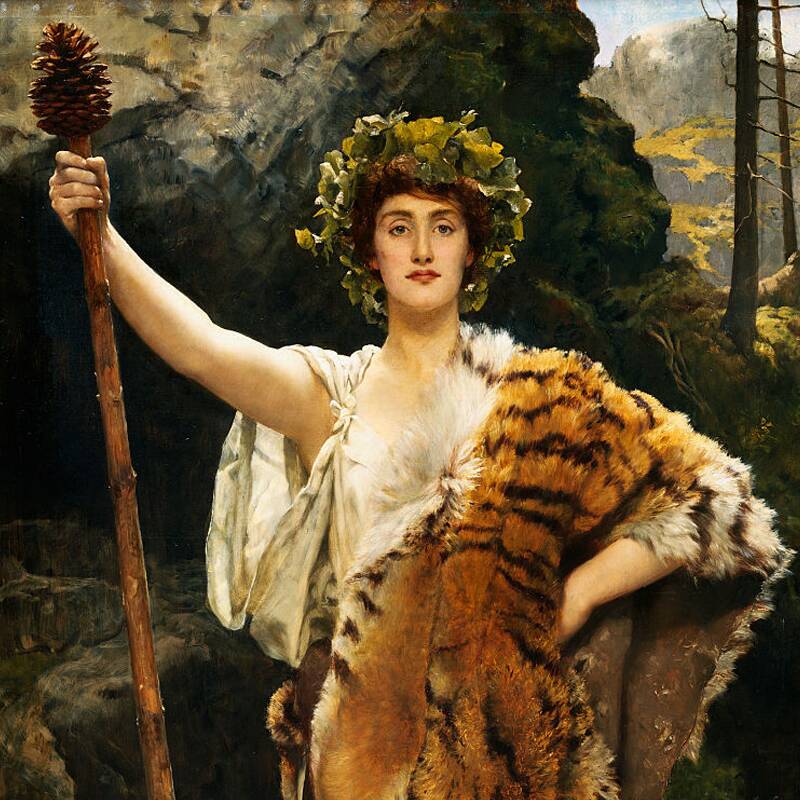
While most boys in ancient Greece received some kind of formal education, girls received very little. Most girls were simply taught to be housewives and mothers although some wealthy families would teach their daughters how to read and write. However, this wasn’t the case in Sparta. While the boys were sent to train to be soldiers, the girl’s received a public education on subjects such as philosophy, mythology, and literature.
They were also encouraged to express themselves artistically through song, dance, writing, and creating art. Sparta believed that strong women produced strong sons, so they needed to be intelligent and physically fit. They were also known to work out and compete in athletics.
They Were Known To Make Sacrifices
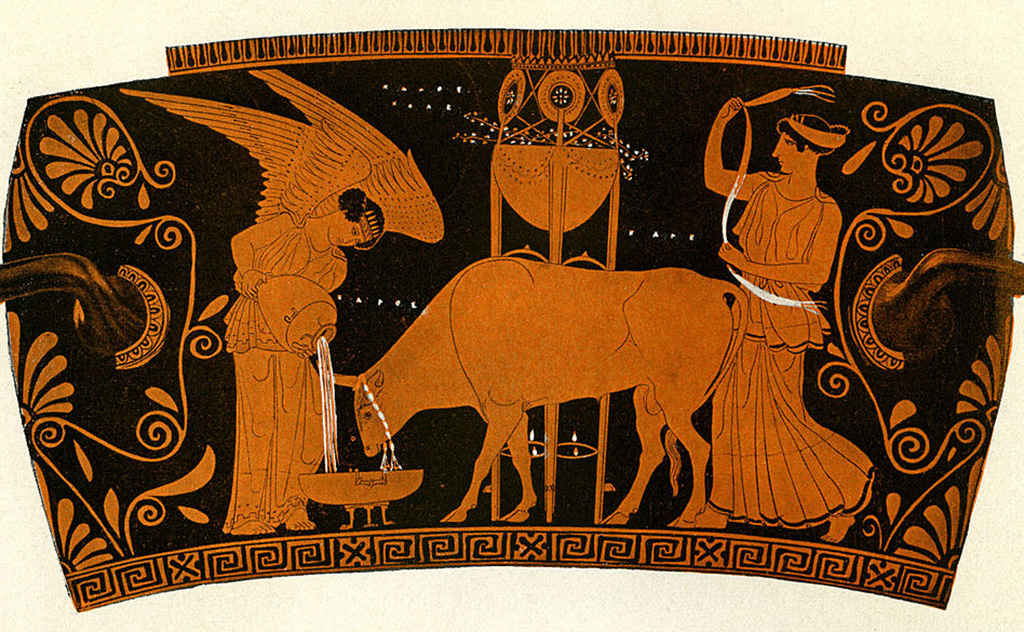
Religion was a major aspect of life in ancient Greece. They expressed their faith through monthly and yearly festivals, parties, and competitions. At times, even the slaves were allowed to participate. Yet, one popular form of worship was making sacrifices and offerings to the gods.
One form was a blood sacrifice in which an animal was slaughtered and then eaten. There were also bloodless sacrifices in which vegetables and grains were burned upon an altar. They also had offerings that were left out of the open on an offering table with the hope that the gods accept them.






